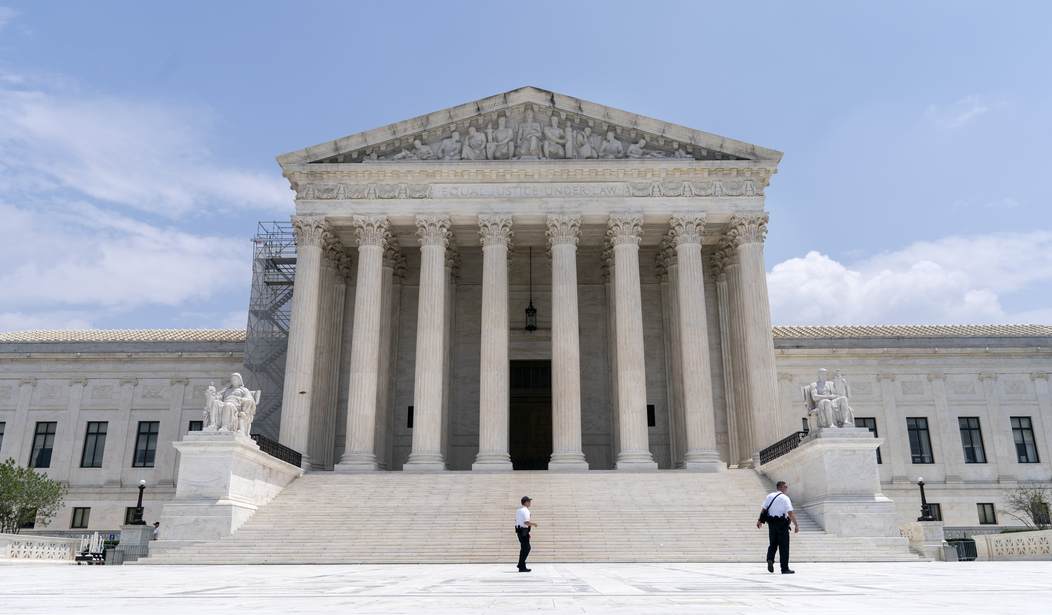The Supreme Court vacated two lower court decisions in the case of NetChoice, LLC v. Paxton. In this case, the court set out to settle the question of “Whether the First Amendment prohibits viewpoint-, content-, or speaker-based laws restricting select websites from engaging in editorial choices about whether, and how, to publish and disseminate speech — or otherwise burdening those editorial choices through onerous operational and disclosure requirements.”
In the court's opinion, Justice Elena Kagan cited First Amendment grounds for protecting free speech but admitted that "Today, we vacate both decisions for reasons separate from the First Amendment merits, because neither Court of Appeals properly considered the facial nature of NetChoice’s challenge. The courts mainly addressed what the parties had focused on."
However, the court did lay the groundwork for lower courts to rule differently, point out that "the current record indicates that the Texas law does regulate speech when applied in the way the parties focused on below--when applied, that is, to prevent Facebook (or YouTube) from using its content-moderation standards to remove, alter, organize, prioritize, or disclaim posts in its News Feed."
In a concurring opinion, Justice Amy Coney Barrett noted that "If NetChoice’s members are concerned about preserving their editorial discretion with respect to the services on which they have focused throughout this litigation—e.g., Facebook’s Newsfeed and YouTube’s homepage — they would be better served by bringing a First Amendment challenge as applied to those functions."
At issue in this case were two laws in Texas and Florida that sought to regulate how social media outlets control the content on their sites. Lower courts treated these laws with mixed results. The 11th Circuit Court of Appeals blocked much of Florida’s law, while the 5th Circuit upheld Texas’ law; however, the Supreme Court put a hold on the Texas legislation in 2022 while this challenge came to the court.
“Both laws were passed in the wake of the Jan. 6, 2021, attacks on the U.S. Capitol in response to a belief that social media companies were censoring their users, especially those with conservative views,” reported Amy Howe at SCOTUSblog back in February. “The laws contain provisions that limit the choices that social media companies can make about which user-generated content to present to the public, and they also contain provisions that require social media platforms to provide individualized explanations to users about the platforms’ editorial choices.”
In February’s oral arguments, Florida Solicitor General Henry Whitaker argued that social media outlets “do not have a First Amendment right to apply their censorship policies in an inconsistent manner and to censor and deplatform certain users.” Paul Clement, the attorney representing the trade groups, countered that “exercising editorial discretion is absolutely necessary to make the websites useful for users and advertisers.”
Solicitor General Elizabeth Prelogar sided with the trade groups, probably because Florida and Texas are red states that seek to prevent censorship of conservatives. She argued that “state laws which restrict the speech of the platforms to enhance the relative voice of certain users don’t withstand constitutional scrutiny.” You can read the phrase “relative voice of certain users” to mean those whose opinions don’t fall in line with the administration’s narrative.
The justices were all over the place during oral arguments, and it wasn’t the typical liberal-conservative divide. Kagan wondered why this case wasn’t “a classic First Amendment violation,” while Justices Barrett and Brett Kavanaugh and Chief Justice John Roberts mused whether it was a case of “editorial control” rather than censorship.
Justice Clarence Thomas asked for “one example of a case in which we said that the First Amendment protects the right to censor.” Justice Samuel Alito questioned whether “content moderation” was “actually more than a euphemism for censorship.” The justices seemed uncertain at the end of oral arguments, but now we have our answer.
The summertime Supreme Court decisions can come at you quickly, which is why we’re committed to accurate coverage of them and their fallout. You can help us in our calling to report the truth with the conservative perspective you crave and a dash of style by becoming a PJ Media VIP.
Our VIPs are the lifeblood of what we do, and they invest in our mission — and they receive some great rewards, including exclusive content, podcasts, an ad-free experience, and commenting privileges.
It’s a great time to become a VIP because you can get 50% off your VIP membership when you use the code SAVEAMERICA. Come join us!










Join the conversation as a VIP Member